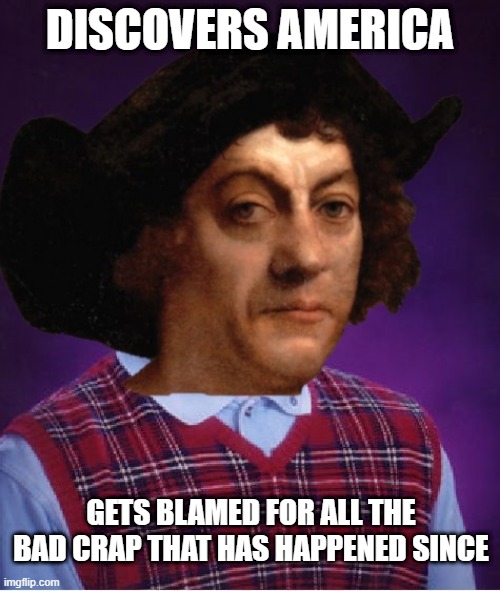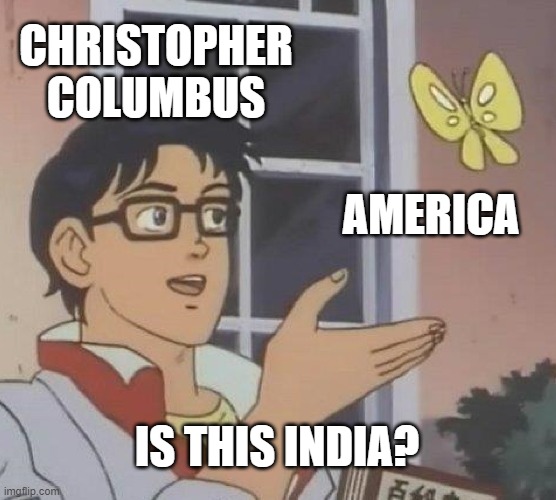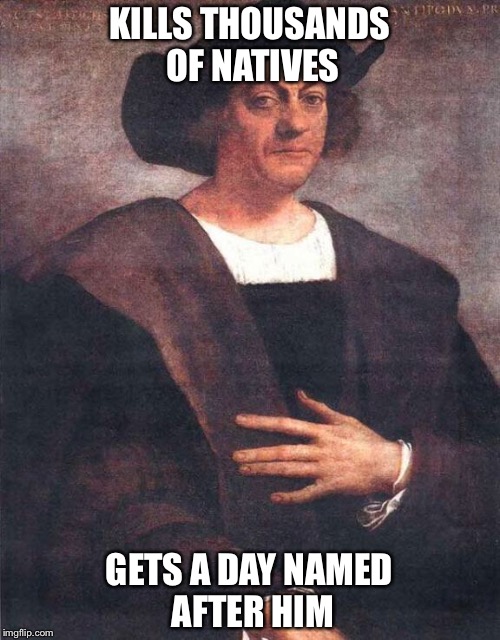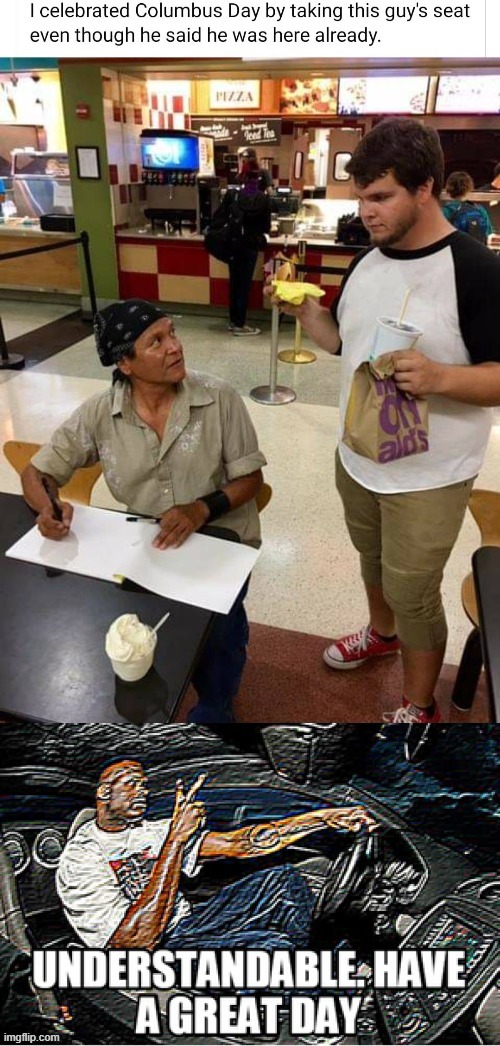

States including Alaska, Hawaii and Oregon commemorate Indigenous People's Day, as well as cities like Denver, Phoenix and Los Angeles.Every Year, the Second Monday of October is celebrated as National Columbus Day in the United States of America. cities and states have replaced Columbus Day with alternative days of remembrance. In 2002, Venezuela renamed the holiday Dìa de la Resistencia Indìgena (“Day of Indigenous Resistance”) to recognize native peoples and their experience. In many Latin American nations, the anniversary of Columbus’ landing has traditionally been observed as the Dìa de la Raza (“Day of the Race”), a celebration of Hispanic culture’s diverse roots. Later, while serving as the governor of Hispaniola, he allegedly imposed barbaric forms of punishment, including torture.

Upon arriving in the Bahamas, the explorer and his men forced the native peoples they found there into slavery. The image of Christopher Columbus as an intrepid hero has also been called into question. Warfare between Native Americans and European colonists claimed many lives as well. In recent decades, Native Americans and other groups have protested the celebration of an event that resulted in the colonization of the Americas, the beginnings of the transatlantic slave trade and the deaths of millions from murder and disease.Įuropean settlers brought a host of infectious diseases, including smallpox and influenza that decimated indigenous populations.

Columbus Day AlternativesĬontroversy over Columbus Day dates back to the 19th century, when anti-immigrant groups in the United States rejected the holiday because of its association with Catholicism. While Columbus Day is a federal government holiday meaning all federal offices are closed, not all states grant it as a day off from work.

Roosevelt proclaimed Columbus Day a national holiday, largely as a result of intense lobbying by the Knights of Columbus, an influential Catholic fraternal organization.Ĭolumbus Day is observed on the second Monday of October. In 1892, President Benjamin Harrison issued a proclamation encouraging Americans to mark the 400th anniversary of Columbus’ voyage with patriotic festivities, writing, “On that day let the people, so far as possible, cease from toil and devote themselves to such exercises as may best express honor to the discoverer and their appreciation of the great achievements of the four completed centuries of American life.” Taking pride in Columbus’ birthplace and faith, Italian and Catholic communities in various parts of the country began organizing annual religious ceremonies and parades in his honor. The first Columbus Day celebration took place in 1792, when New York’s Columbian Order-better known as Tammany Hall-held an event to commemorate the historic landing’s 300th anniversary. As a result, Columbus and his contemporaries assumed that only the Atlantic lay between Europe and the riches of the East Indies. The explorer crossed the Atlantic several more times before his death in 1506.ĭid you know? Contrary to popular belief, most educated Europeans in Columbus' day understood that the world was round, but they did not yet know that the Pacific Ocean existed. In March 1493, Columbus returned to Spain in triumph, bearing gold, spices and “Indian” captives. There, he established Spain’s first colony in the Americas with 39 of his men. Later that October, Columbus sighted Cuba and believed it was mainland China in December the expedition found Hispaniola, which he thought might be Japan.


 0 kommentar(er)
0 kommentar(er)
